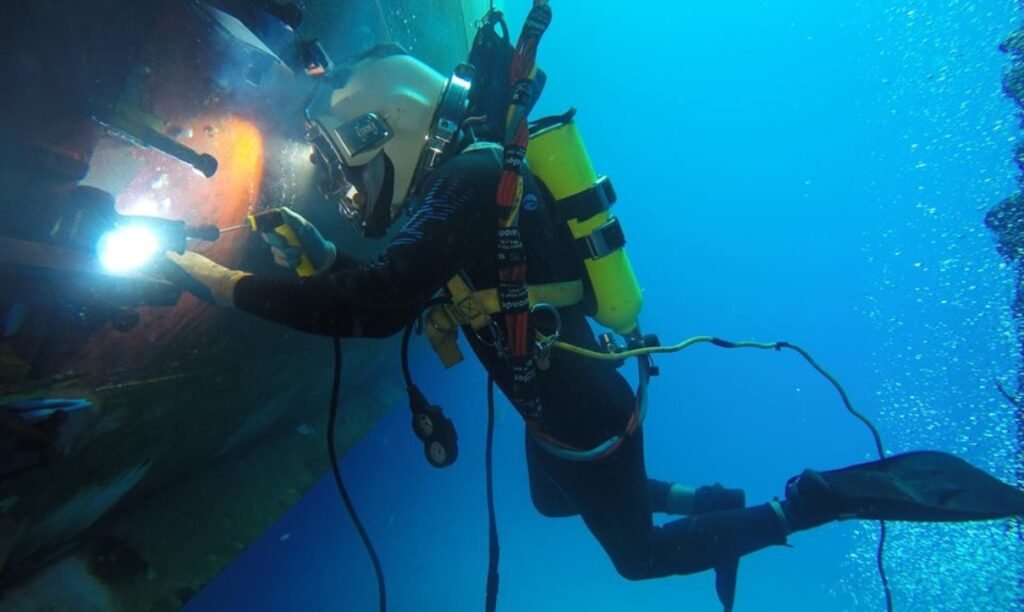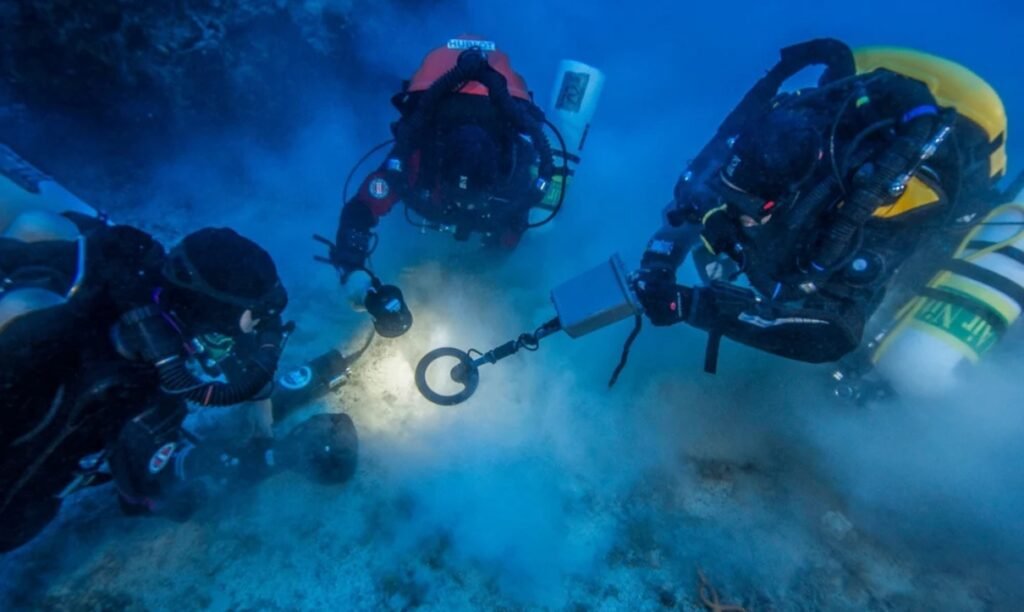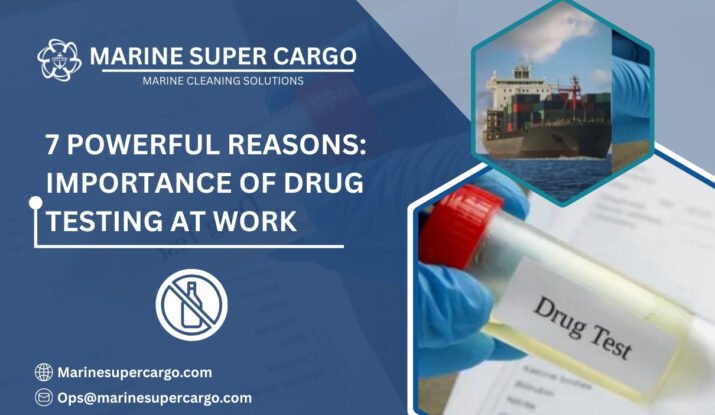Workplace safety isn’t just about protective gear or following regulations. It’s about ensuring that every single decision made on the job is clear-headed and responsible. That’s where the Importance of Drug Testing at Work comes into focus—not as a punitive measure, but as a safety net to protect lives, reputations, and operations.
Think of drug and alcohol testing like the seatbelt of workplace culture—it doesn’t stop the accident from happening entirely, but it dramatically reduces the risks when things go wrong. In shipping and offshore industries, especially, the stakes are higher: lives, cargo, and marine environments all hang in the balance.
In this guide, we’ll unpack the Importance of Drug Testing at Work in detail, focusing on compliance, safety, efficiency, and even future innovations reshaping how organizations handle workplace risks.
Why the Importance of Drug Testing at Work Is Rising
Imagine an operator navigating machinery after a long night of drinking. The margin between a safe shift and a disaster shrinks with every impaired decision. For companies, ignoring substance misuse among employees is like knowingly letting a storm hit without battening down the hatches.
The Importance of Drug Testing at Work stems from more than just compliance—it’s about:
- Protecting workers and colleagues.
- Meeting strict global regulations.
- Preventing environmental and financial disasters.
- Building a culture of trust and safety.

Protecting Lives and Human Safety
The most obvious benefit of emphasizing the Importance of Drug Testing at Work is safeguarding human life.
- Reduced accidents: Impairment leads directly to higher workplace injury rates.
- Improved mental focus: Clear-headedness is vital for operating machinery or navigating vessels.
- Industry standards: Groups like the International Marine Contractors Association (IMCA) advocate for strict substance-free policies.
Just as lifejackets are non-negotiable at sea, so too is testing when the cost of error is measured in lives.
Meeting Compliance and Regulations
Shipping, offshore, and port operations are highly regulated industries. Ignoring testing isn’t an option; it’s a violation.
- IMO Guidelines: The International Maritime Organization (IMO) enforces strict limits on crew intoxication.
- MARPOL Convention: Pollution events linked to impaired crew expose shipowners to severe liabilities.
- Port State Control (PSC): Surprise audits may check your compliance programs—including Drug & Alcohol Testing protocols.
The Importance of Drug Testing at Work aligns directly with these global standards—ensuring smooth operations, fewer detentions, and stronger reputations.
✅ 4 Things to Check for Safety at Sea pic.twitter.com/dAxhJQ2i6U
— Marine Super Cargo (@Marinsupercargo) September 14, 2025
Preventing Environmental Harm
Think of the sea as a crystal vase. One crack—caused by a bad decision—and the damage spreads beyond repair. Substance misuse can be that crack.
- Pollution incidents: Tanker spills and collisions often trace back to human error.
- MARPOL Enforcement: Under the MARPOL Convention, environmental accountability rests firmly with shipowners.
- Corporate reputation: Sustainability is a core client demand today, and a single incident tied to drugs or alcohol damages trust permanently.
Highlighting the Importance of Drug Testing at Work is inseparable from protecting our oceans.
Strengthening Company Reputation
In global shipping, reputation is as vital as GPS for vessels—lose it, and you drift among competitors.
- Client confidence: Charterers prefer carriers with strict screening systems.
- Investor assurance: Insurers and financiers look for evidence of controlled risks.
- Crew morale: A tested and trusted workforce boosts accountability and professionalism.
The Importance of Drug Testing at Work is clear: it keeps reputations intact while positioning companies as trustworthy, responsible partners. Also, read about Building a sustainable career in underwater hull cleaning.
Lowering Costs and Boosting Efficiency
Long-term savings are a quiet but powerful reason behind the Importance of Drug Testing at Work.
- Avoid accidents: Minor tests prevent million-dollar disasters.
- Cut downtime: Impaired employees cause delays and vessel detentions.
- Better insurance: Transparent testing reduces insurer risks, often lowering premiums.
- Operational precision: Alert, sober workers make fewer costly errors.
It works like hull cleaning—routine testing keeps operations smooth, efficient, and cost-effective.
Marine Supercargo Expands Services: Drug & Alcohol Testing for Safer Seas
Marine Supercargo, widely respected for its global marine cleaning solutions, has expanded its scope to include Drug & Alcohol Testing services.
This new offering directly addresses one of the most pressing needs for ship owners, operators, and managers: ensuring that every crew member is fit for duty. By integrating testing into their portfolio, Marine Supercargo helps maritime stakeholders:
- Achieve compliance with IMO and MARPOL Convention requirements.
- Reduce workplace accidents and safeguard human lives.
- Improve efficiency by ensuring crews remain alert and dependable.
This complementary service reflects how modern marine safety practices don’t just protect vessels physically through cleaning, but also safeguard human performance—the true engine of maritime operations.
The Future of Testing and Workplace Safety
Just as hull cleaning evolved from manual scrubbing to robotics, the Importance of Drug Testing at Work is adapting through innovation.
- Wearable sensors: Monitoring fatigue and alcohol influence in real time.
- Instant testing: Onboard devices offering near-instant, reliable results.
- AI oversight: Predictive analysis forecasting high-risk shifts before issues arise.
The future is proactive rather than reactive—transforming safety culture into a living system.

Conclusion
The Importance of Drug Testing at Work goes beyond ticking compliance boxes. It is about protecting people, the environment, and the trust that keeps global industries moving.
Key takeaways:
- Safety begins with sober, attentive workers.
- Compliance prevents fines, detentions, and penalties.
- Testing reduces costs, prevents disasters, and safeguards reputations.
For organizations aiming to prioritize safety and sustainability, it’s time to strengthen drug and alcohol testing policies. Visit CleanShip.co to learn more about forward-thinking compliance strategies.
FAQs:
Q1. Why is the Importance of Drug Testing at Work so critical?
Because sober, alert employees reduce risks of accidents, protect lives, and ensure that workplaces remain compliant with safety and industry guidelines.
Q2. How do international standards address workplace testing?
Bodies like the IMO and MARPOL Convention require strict adherence to drug and alcohol limits, especially for high-risk maritime and port operations.
Q3. Can workplace drug testing save money?
Yes. Preventing detentions, reducing accidents, and lowering insurance rates prove that emphasizing the Importance of Drug Testing at Work saves costs long term.
Q4. How does Drug & Alcohol Testing relate to vessel cleaning?
Just as clean hulls improve performance and efficiency, sober crews ensure vessel maintenance and cleaning tasks are carried out safely and correctly.
Q5. What innovations shape the future of testing?
Wearables, instant analysis kits, and AI-powered monitoring are driving the next wave of workplace safety and compliance solutions worldwide.


